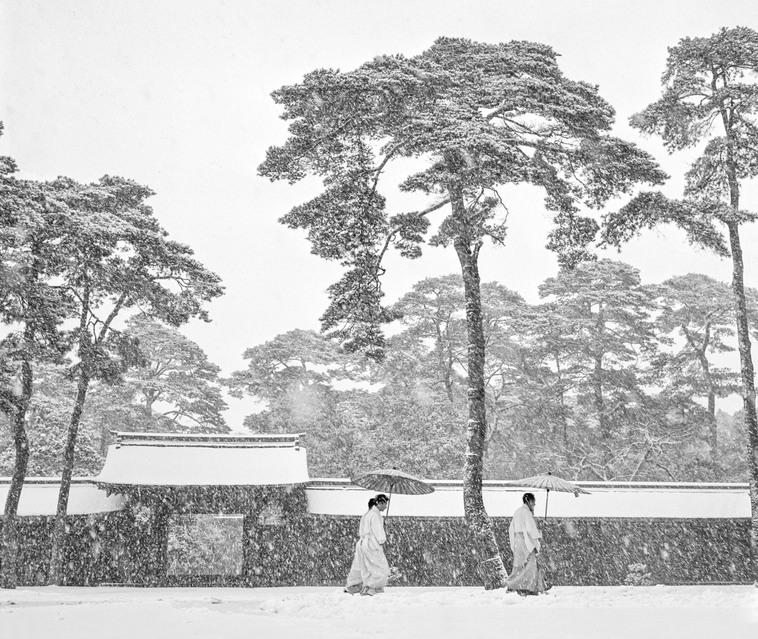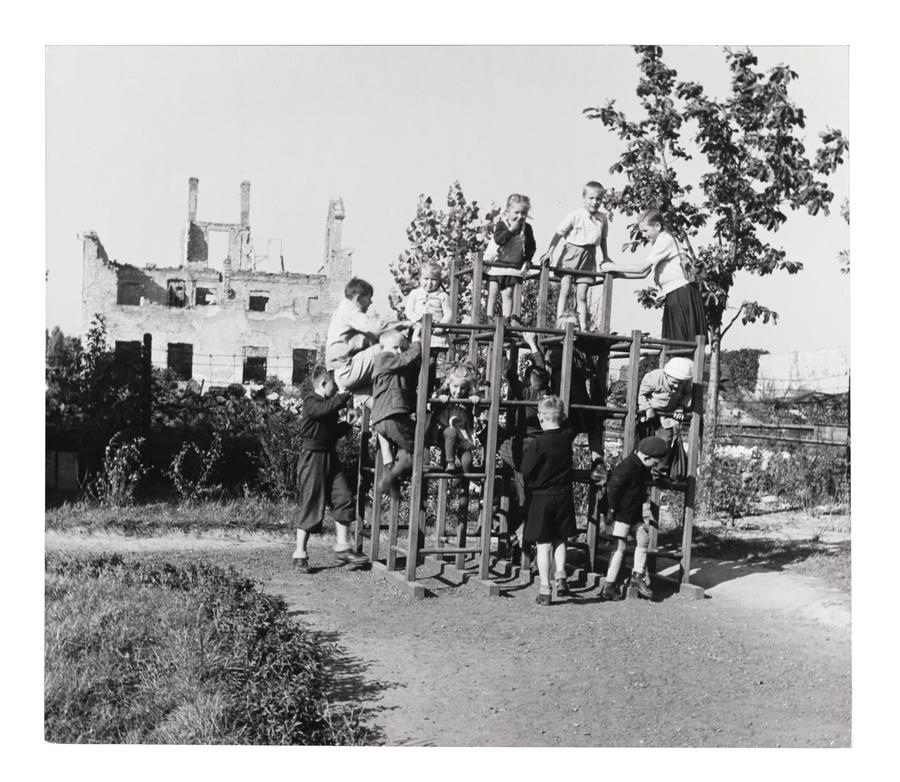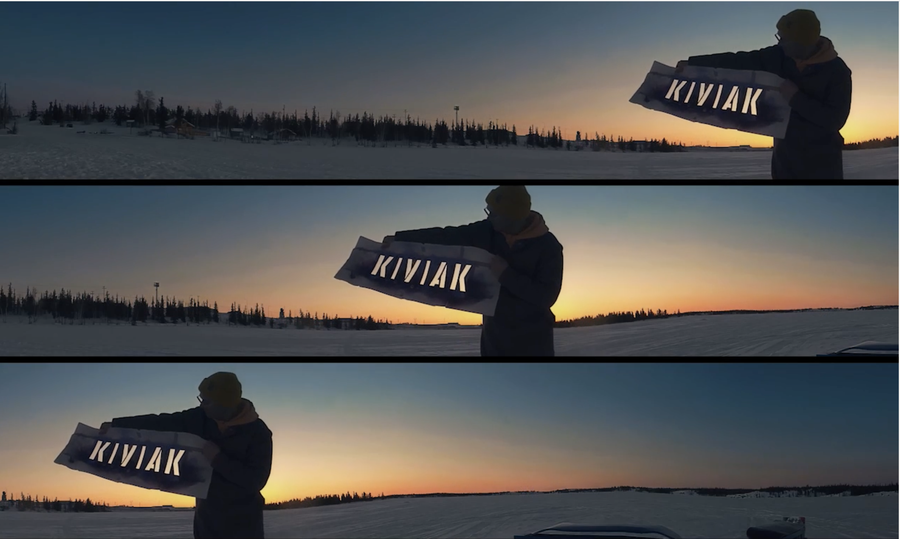Alanis Obomsawin: Filmstrips. Educational Shorts from the NFB (1972/1975)
University Gallery
Curator: Gaëlle Morel
May 7–August 2, 2025
Every time I make a film, I'm always thinking about education. It is important because this is where the power is, that's how you get people to know what the true story is of our people. Our history and teaching have a lot of power.
— Alanis Obomsawin, 2023
At the outset of her career with the National Film Board (NFB), Canada’s leading public film producer and distributor, Alanis Obomsawin began a series of shorts aimed at students. They featured the personal narratives, voices, and history of members of the Líl’wat Nation in British Columbia and the Atikamekw Nation in Manwan, Quebec. An established singer and storyteller but a relative newcomer to the world of cinema, Obomsawin conceived the L’íl’wata (1972) and Manawan (1975) series as filmstrips, a visual format widely distributed in Canadian educational settings in the early 1970s. Presented in classrooms, her short reels of still images quietly contradicted established, discriminatory colonial representations to highlight Indigenous culture and knowledge.
All works are single-channel videos presented in partnership with the National Film Board of
Canada.
Public Programs:
Scholar Talk with Dr. Thohahoken Michael Doxtater
Natural Intelligence and Indigenography: Reimagining Technology, Language, and Education
Wednesday, June 25, 2025 | 7 p.m.
The Image Centre, 33 Gould St., Toronto
Registration required. Register.

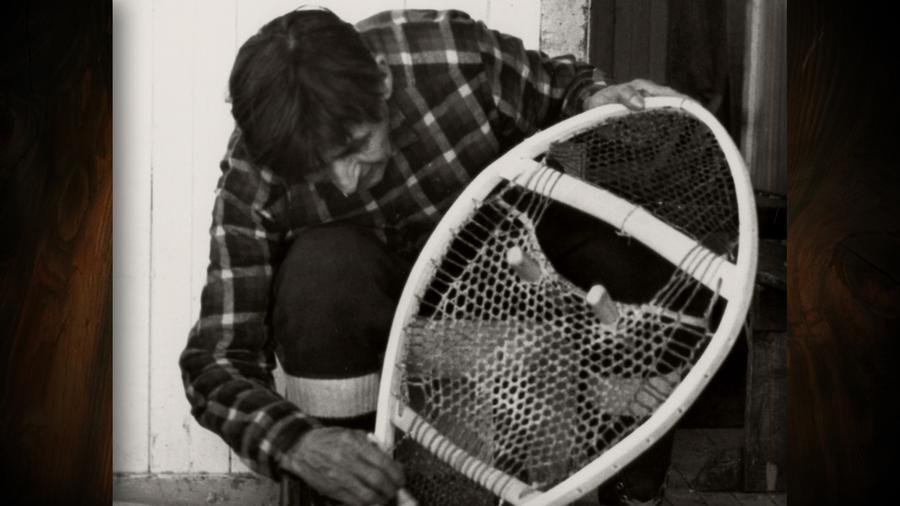
Alanis Obomsawin, Snowshoes, single channel video (still), 1972. © National Film Board of Canada
Artist Biography
Alanis Obomsawin
Indigenous rights advocate and documentary filmmaker Alanis Obomsawin (Abenaki, b. 1932) came to cinema from an earlier background in singing, performance, and storytelling. First hired by the National Film Board of Canada as a consultant in 1967, her body of films numbers more than sixty productions, including the landmark documentaries Incident at Restigouche (1984) and Kanehsatake: 270 Years of Resistance (1993). Obomsawin has consistently used public platforms to advance Indigenous concerns, struggles, and rights in Canada, creating a model of cinema that privileges the voices and perspectives of the communities she depicts. Retrospectives of her award-winning films have been presented in numerous national and international venues, including the Museum of Modern Art, New York (2008); the House of World Cultures, Berlin (2022); and the Musée d’art contemporain, Montreal (2024). Obomsawin is a recipient of the Governor General’s Award in Visual and Media Arts (2001) and the Governor General’s Award in Performing Arts (2008), and is a Grand Officer of the National Order of Quebec (2016) and Companion of the Order of Canada (2019).
Installation Shots
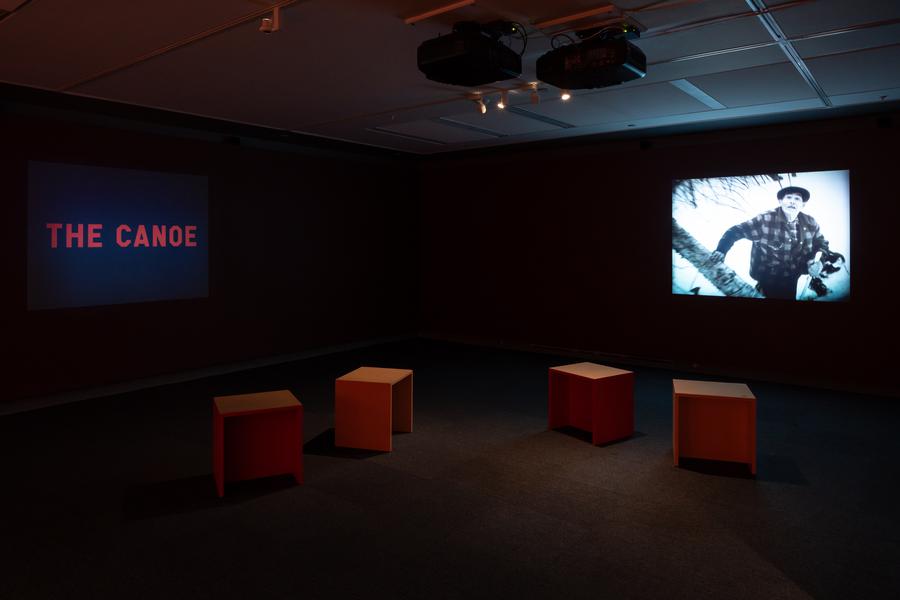
Alanis Obomsawin: Filmstrips. Educational Shorts from the NFB (1972/1975) (installation view), 2025 © Daniel Smith, The Image Centre
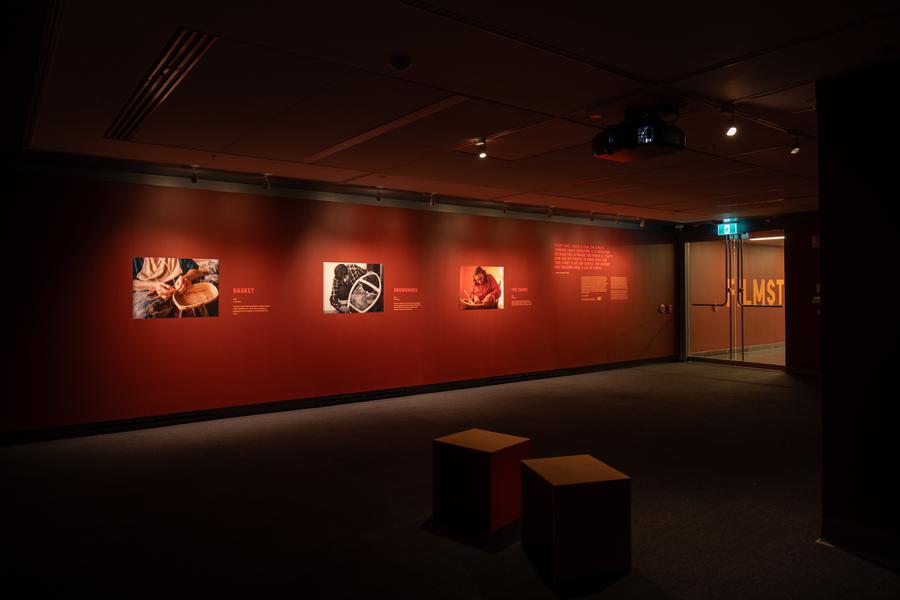
Alanis Obomsawin: Filmstrips. Educational Shorts from the NFB (1972/1975) (installation view), 2025 © Daniel Smith, The Image Centre
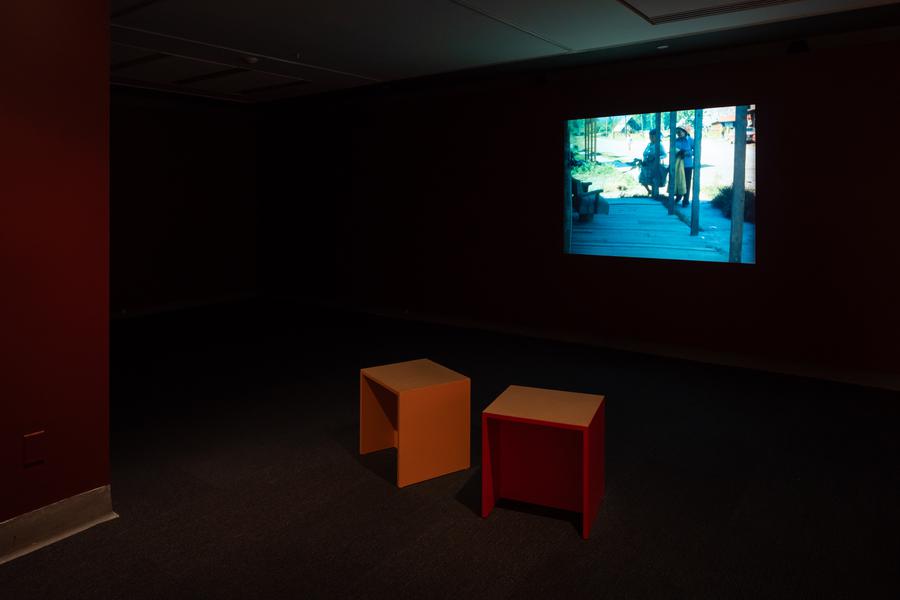
Alanis Obomsawin: Filmstrips. Educational Shorts from the NFB (1972/1975) (installation view), 2025 © Daniel Smith, The Image Centre
